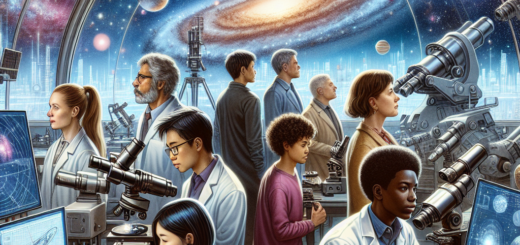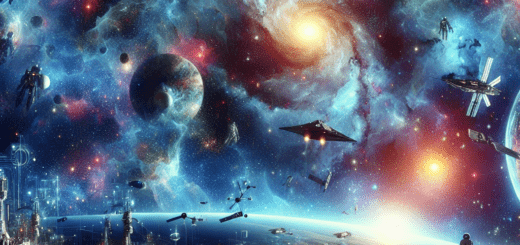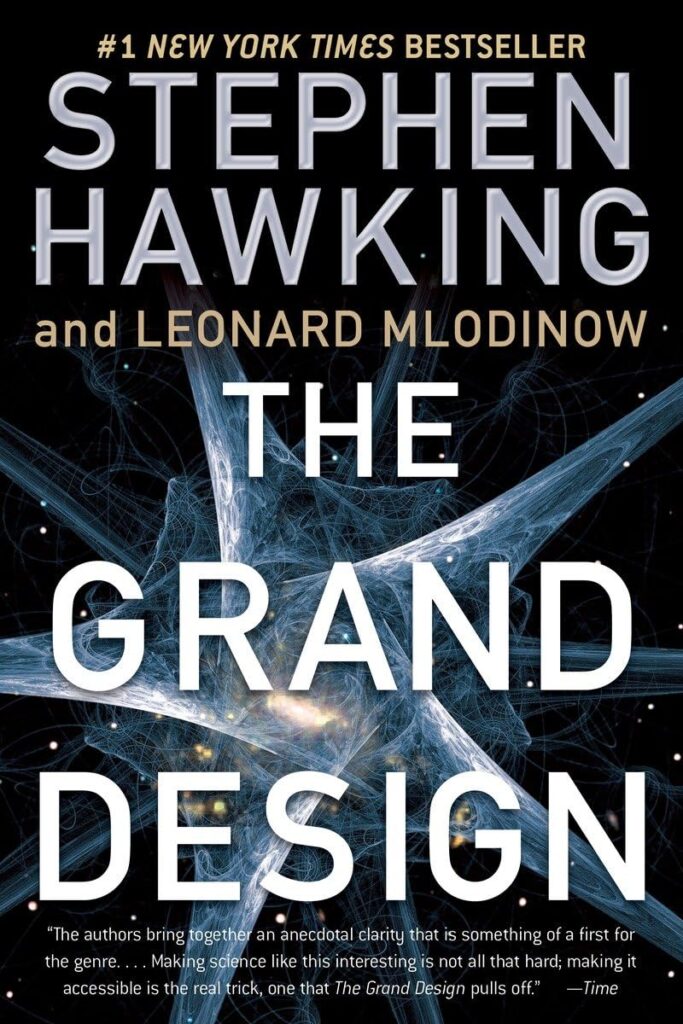Exploring the Ideals and Realities of Utopian Societies
Throughout history, people have been fascinated by the concept of utopian societies – perfect, idealized communities where everyone lives in harmony, peace, and prosperity. From Plato’s “Republic” to Thomas More’s “Utopia” to modern day science fiction novels, the idea of a utopia has captured the imagination of writers, thinkers, and dreamers alike. But what exactly is a utopian society, and is it something that is achievable in reality?
A utopian society is typically defined as a community or society that is perfect or ideal in every way. In a utopia, there is no poverty, no war, no crime, and no suffering. Everyone is equal, happy, and fulfilled, living in harmony with each other and with the natural world. Utopias are often portrayed as idyllic, almost paradise-like places where all of humanity’s problems have been solved.
However, the concept of a utopia is not without its critics. Many argue that the very idea of a perfect society is inherently flawed, as human nature is inherently flawed. People are selfish, greedy, and power-hungry, and these traits are unlikely to disappear in a utopian society. Additionally, the very notion of a perfect society is subjective – what one person may see as perfect, another may see as oppressive or restrictive.
Furthermore, history has shown us that attempts to create utopian societies often end in failure. The Soviet Union’s experiment with communism, for example, resulted in widespread poverty, oppression, and violence. The same can be said for other attempts at utopian societies, such as the Jonestown cult in Guyana or the Branch Davidians in Waco, Texas.
Despite these challenges, the idea of a utopian society continues to inspire and intrigue people around the world. In fact, some argue that the pursuit of a utopian society is what drives progress and innovation in society. By striving for a better world, we can push ourselves to create a more just, equitable, and sustainable society for all.
In conclusion, exploring the ideals and realities of utopian societies is a complex and multifaceted endeavor. While the concept of a perfect society may be appealing in theory, the practical realities of human nature and societal structures pose significant challenges to its realization. However, the pursuit of a utopian society can serve as a guiding light, inspiring us to work towards a better future for all. Ultimately, it is up to each individual and society as a whole to determine what kind of world we want to create and how we can work together to make that vision a reality.













